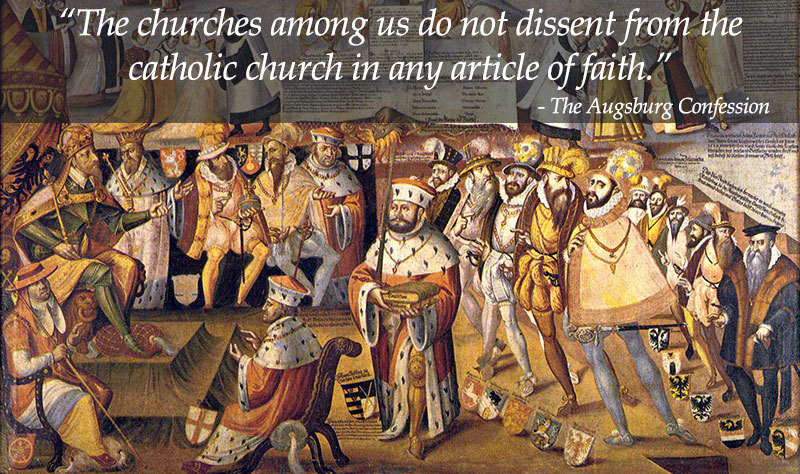Thu 3 Sep 2015
Built on the Rock – Remembering N.F.S. Grundtvig
Posted by Mathew Block under Lutheran Leanings, Main
No Comments

September 2 marked the anniversary of the death of Nikolai Frederik Severin Grundtvig, who died in 1872. Grundtvig was a brilliant scholar (of Norse and Anglo-Saxon literature), an accomplished poet, an important education reformer, and Bishop of the Danish Church.
He was also a controversial figure in his day because of his opposition to the rampant rationalism that had infected the Danish church. A brief sample of his life-story:
“In 1826, Nikolai was forced to resign his pulpit after he made a blistering attack on the rationalism of H. N. Clausen. By this time, Nikolai was already well-known for a study of Northern mythology in which he argued that poetry speaks better to mankind than prose and is the best medium for conveying spiritual truth to the soul. Although he attacked Schelling and other philosophers for the false ideas of Romanticism, he himself was thoroughly Romantic, and translated and introduced Anglo-Saxon and Norse literature into Denmark. This included Beowulf and the sagas of Iceland. He also wrote religious poems, sermons that called for a return to the spirit of Luther, and fervent Christian hymns….
The established church wasn’t sure what to do with Nikolai. He was too visible to ignore but too controversial to assign to a pulpit. In 1839, the church made him pastor of a hospital chapel. He stayed there the rest of his life. Eventually the state church gave him the rank of bishop—but not the duties.“
– (from a biography at Christianity.com)
Perhaps Grundtvig’s best known hymn among English-speakers is “Built on the Rock, the Church Doth Stand.” The words are a poignant reminder that, whatever should happen in the world around us, the Church itself as the body of Christ shall ever stand. It also speaks to the importance of our own local churches, as the place where God’s Word is spoken and the Sacraments are administered. (Read the full hymn in English here.)



 A word of thanks to those continuing the conversation about my recent First Things article
A word of thanks to those continuing the conversation about my recent First Things article  My latest at First Things went up a few days ago (February 18), to coincide with the anniversary of Luther’s death. Since then, it’s been picked up by
My latest at First Things went up a few days ago (February 18), to coincide with the anniversary of Luther’s death. Since then, it’s been picked up by 

